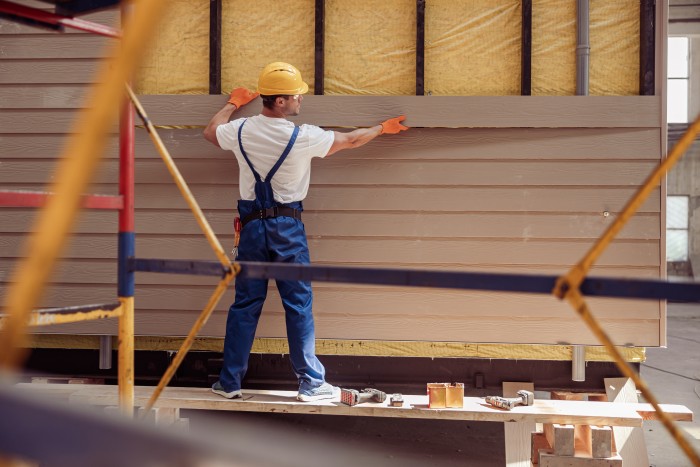
While the siding on your home exterior serves as a beautiful decorative feature, it is so much more than that. When your siding becomes old and worn down, your home faces a serious risk of structural damage, health hazards, environmental effects, and more. The question then, is how can a homeowner tell when they are due for a siding replacement?
At NuHome, our goal is to give you the tools you need to be proactive with your home maintenance, repairs, and replacement services. Below, we have provided a few key indicators that tell you it’s time to have your siding replaced.
How to Know When It’s Time for a Home Siding Replacement
Mold is spreading inside your home
Mold and mildew are not only unsightly, but they can also wreak havoc on your health if left to grow for an extended period of time. While mold inside the home can be caused by various problems such as roof leaks or plumbing issues, damaged siding continues to be one of the most common culprits. Hire a professional for a home inspection and they will be able to tell you where exactly the source of the fungus is located. If it is your siding, you will need to have it replaced immediately.
Your home looks outdated
It does not take serious damage to justify a siding replacement. If you are unhappy with the external appearance of your home, this is a great reason to think about replacing your siding. Chances are, the last time you had your home siding replaced, there were not nearly as many options available for you to choose from. At NuHome, we offer vinyl and climate-resistant siding in a variety of different styles.
Your siding is rotting
Before more practical siding materials were brought to market, wood was the primary material used for home exteriors. Unfortunately, wood is highly susceptible to animals, insects, and adverse weather conditions. Therefore, if you have aged wood siding panels on your home, it is important to look for signs of rotting regularly so that you can avoid one of the aforementioned problems with a prompt replacement.
Increase in heating and cooling bills
If your home is not insulated with high-quality siding, it may be prone to cracks or other damages that allow air to escape from your home. When this happens, your HVAC bills will rise. If your bills are higher than normal, inspect your siding for damage.
Contact us to schedule your siding replacement!










